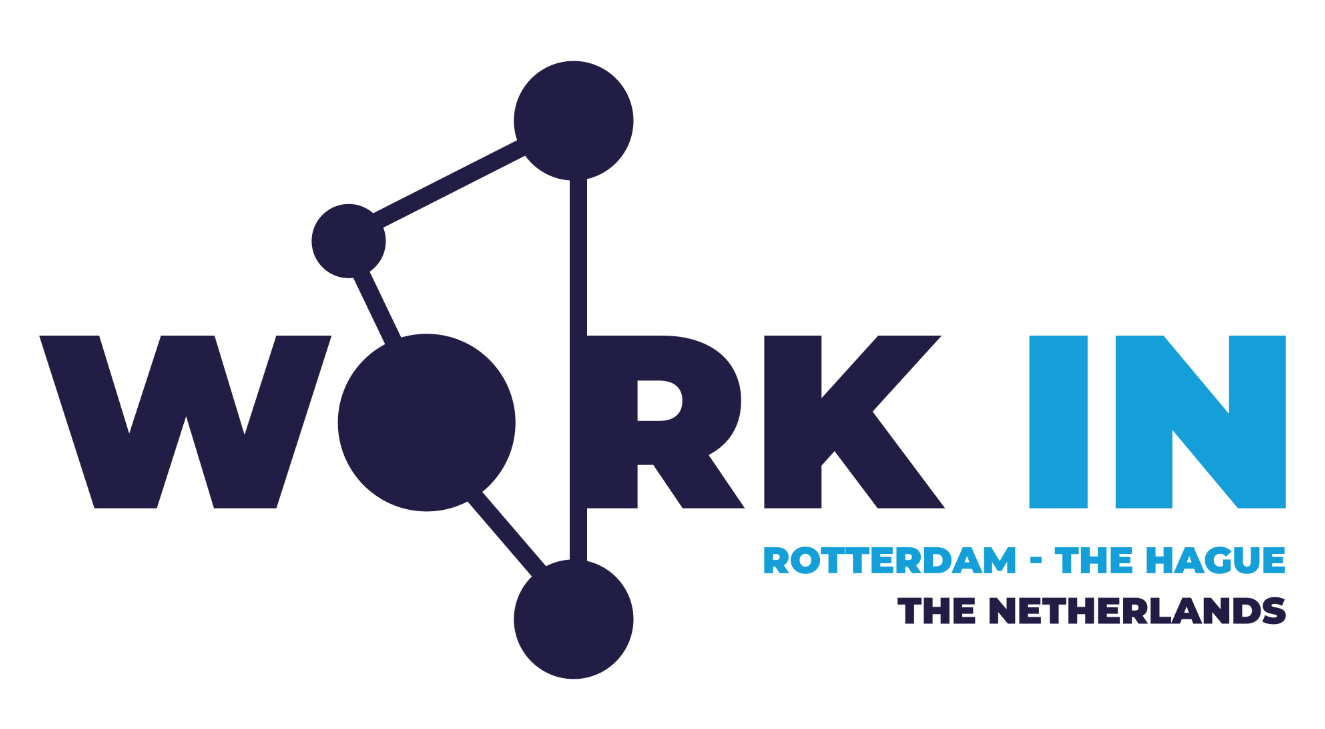PostDoc on Analog CIM-based AI Accelerator Design

Delft University of Technology (TU Delft)
Job description
Various emerging device technologies and computing paradigms are being investigated for energy-efficient artificial intelligence (AI) applications. Some examples are RRAM or STT-MRAM collectively known as memristor-based Computation-in-Memory (CIM) accelerators. However, these new technologies and computing paradigms face various design challenges in terms of design and technology challenges, application mapping and reliability and non-ideality issues. Thus, there is a growing demand for efficient and reliable memristor CIM-based neuromorphic system design which includes techniques such as reliability-aware mapping and optimization techniques as well as high-quality, and cost-effective mitigation schemes that can guarantee efficient and reliable memristor-based CIM operation for AI workloads.
The Computer Engineering (CE) section of the Quantum & Computer Engineering (QCE) department is looking for a highly motivated PostDoc candidate who wants to work on efficient and reliable analog CIM-based AI accelerator design for future neuromorphic accelerators. The candidate will work on the following:
- Designing efficient analog CIM architecture using emerging memristive devices
- Develop system architecture for analog CIM accelerator
- Develop efficient mapping schemes of AI workloads
- Identifying the non-ideality issues of analog CIM architectures.
- Developing solutions to address the non-ideality issues.
The PostDoc position is part of the SNS (self-healing Neuromorphic Systems), a multi-partner national project involving several key academic and industrial partners such as, Technology University of Eindhoven (TUE), CWI, IMEC and Delft University of Technology.
You will be part of a diverse and passionate research team of academic staff, PhD candidates and Postdoctoral researchers in the Computer Engineering group. Curious to learn more about the project, and perhaps our group? Feel free to browse our webpages:
- About the SNS project: Self-healing Neuromorphic Systems.
- About our department: QCE department.
- About our group: Computer Engineering Labs.
Job requirements
For this position, an ideal candidate should have:
- Completed a relevant PhD degree in Electrical Engineering, Computer Engineering, or any other related field relevant to the research;
- Good understanding of analog circuit design;
- Basic understanding of defects, faults, and test solutions for electronic systems is a plus;
- Basic understanding of AI and its hardware implementations is a plus;
- An affinity with teaching and guiding students;
- The ability to work in a team and take initiatives.
TU Delft (Delft University of Technology)
Delft University of Technology is built on strong foundations. As creators of the world-famous Dutch waterworks and pioneers in biotech, TU Delft is a top international university combining science, engineering and design. It delivers world class results in education, research and innovation to address challenges in the areas of energy, climate, mobility, health and digital society. For generations, our engineers have proven to be entrepreneurial problem-solvers, both in business and in a social context.
At TU Delft we embrace diversity as one of our core values and we actively engage to be a university where you feel at home and can flourish. We value different perspectives and qualities. We believe this makes our work more innovative, the TU Delft community more vibrant and the world more just. Together, we imagine, invent and create solutions using technology to have a positive impact on a global scale. That is why we invite you to apply. Your application will receive fair consideration.
Challenge. Change. Impact!
Faculty of Electrical Engineering, Mathematics and Computer Science
The Faculty of Electrical Engineering, Mathematics and Computer Science (EEMCS) brings together three scientific disciplines. Combined, they reinforce each other and are the driving force behind the technology we all use in our daily lives. Technology such as the electricity grid, which our faculty is helping to make completely sustainable and future-proof. At the same time, we are developing the chips and sensors of the future, whilst also setting the foundations for the software technologies to run on this new generation of equipment – which of course includes AI. Meanwhile we are pushing the limits of applied mathematics, for example mapping out disease processes using single cell data, and using mathematics to simulate gigantic ash plumes after a volcanic eruption. In other words: there is plenty of room at the faculty for ground-breaking research. We educate innovative engineers and have excellent labs and facilities that underline our strong international position. In total, more than 1000 employees and 4,000 students work and study in this innovative environment.
Click here to go to the website of the Faculty of Electrical Engineering, Mathematics and Computer Science.
Conditions of employment
- Duration of contract is 2 years Temporary
- A job of 36-40 hours per week.
- Salary and benefits are in accordance with the Collective Labour Agreement for Dutch Universities.
- An excellent pension scheme via the ABP.
- The possibility to compile an individual employment package every year.
- Discount with health insurers on supplemental packages.
- Flexible working week.
- Every year, 232 leave hours (at 38 hours). You can also sell or buy additional leave hours via the individual choice budget.
- Plenty of opportunities for education, training and courses.
- Partially paid parental leave
- Attention for working healthy and energetically with the vitality program.
Will you need to relocate to the Netherlands for this job? TU Delft is committed to make your move as smooth as possible! The HR unit, Coming to Delft Service, offers information on their website to help you prepare your relocation. In addition, Coming to Delft Service organises events to help you settle in the Netherlands, and expand your (social) network in Delft. A Dual Career Programme is available, to support your accompanying partner with their job search in the Netherlands. .
Additional information
For more information about this vacancy, please contact Prof. Dr. Said Hamdioui, S.Hamdioui@tudelft.nl and Dr. Anteneh Gebregiorgis, A.B.Gebregiorgis@tudelft.nl.
If you would like more information about the selection procedure, please contact recruitment-ew@tudelft.nl.
Application procedure
Are you interested in this vacancy? Please apply no later than 19 October 2025 via the application button and upload the following documents:
- 1-page Motivation letter tailored to the position you are applying
- Your CV
- (part of your) papers that you have written, in which you demonstrate your writing (and scientific) skills.
You can address your application to Prof. Dr. Said Hamdioui.
Please note:
- You can apply online. We will not process applications sent by email and/or post.
- A pre-employment screening can be part of the selection procedure.
- For the final candidates, a knowledge security check will be part of the application procedure. For more information on this check, please consult Chapter 8 of the National Knowledge Security Guidelines. We carry out this check on the basis of legitimate interest.
- Please do not contact us for unsolicited services.

